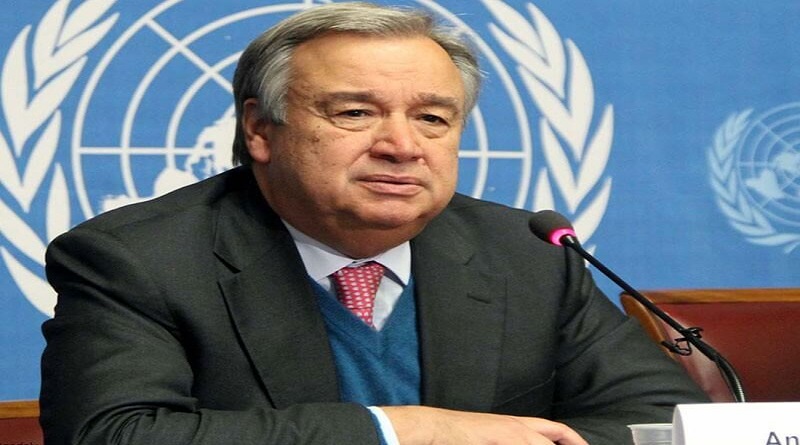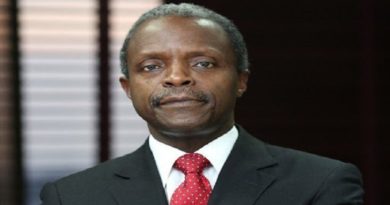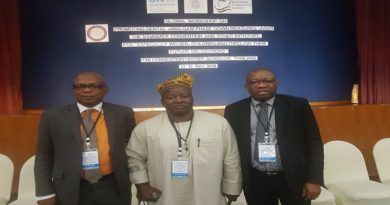António Guterres: Climate change is biggest threat to global economy
Speaking to leaders at the World Economic Forum in Davos recently, UN Secretary-General António Guterres said that climate change was the most important global systemic threat in relation to the global economy that required a unified response in the form of inclusive multilateralism involving all parts of society.
In Davos, the UN’s top official addressed three main mega-trends in 2019, including migration, digitalization and climate change. Against the background of ever more frequent and intense droughts, storms and floods, António Guterres left no doubt about the urgency of the situation, and the priority that tackling climate change needs to have for the international community:
“I think the climate risk is the most important systemic risk for the near future. I believe we are losing the race. Climate change is running faster than we are. And we have this paradox: the reality is proving to be worse than scientists had foreseen, and all the last indicators show that.”
On Thursday, the United Nations Office for Disaster Risk Reduction published a report outlining that extreme weather events affected 60 million people in 2018 alone, with no part of the globe spared from the impacts of accelerating climate change.
Whilst the UN leader described the overall political will to tackle climate change as inadequate and even slowing down, he made a positive assessment of the outcome of the UN Climate Change Conference in Katowice in December.
“Everybody thought that would be a failure,” he said. “It was not. We managed to approve the Work Programme of the Paris agreement. It doesn’t solve the problem, we need more ambition, more ambition and mitigation [cutting greenhouse gases]. That was not solved there, but it was possible to bring together countries that were in a totally different position, to at least agree on the basis to move forward,” he said.
Given that with current pledges by governments, the world is heading towards a 3 degrees Celsius global average temperature rise, and that governments and multilateral institutions cannot solve the challenge of climate change alone, António Guterres called for inclusive multilateralism which recognizes that not only national states are part of the global system of governance and influence, but also cities, the business community, civil society and the academia.
“We need more and more a multilateralism that also is able to incorporate the contribution of all these other sectors, and I think the World Economic Forum has an absolutely vital role to play,” he said.
Looking forward to the rest of the year, António Guterres told leaders in Davos that he was convening a major Climate Action Summit in September to step up ambition in cutting emissions, in adapting to the inevitable impacts of climate change, along with a focus on finance and innovation. The Summit will come ahead of the submission to the UN of the next round of national climate action plans by governments in 2020. The inclusion of civil society, and not least the business society, would be another main feature of the September meeting.



